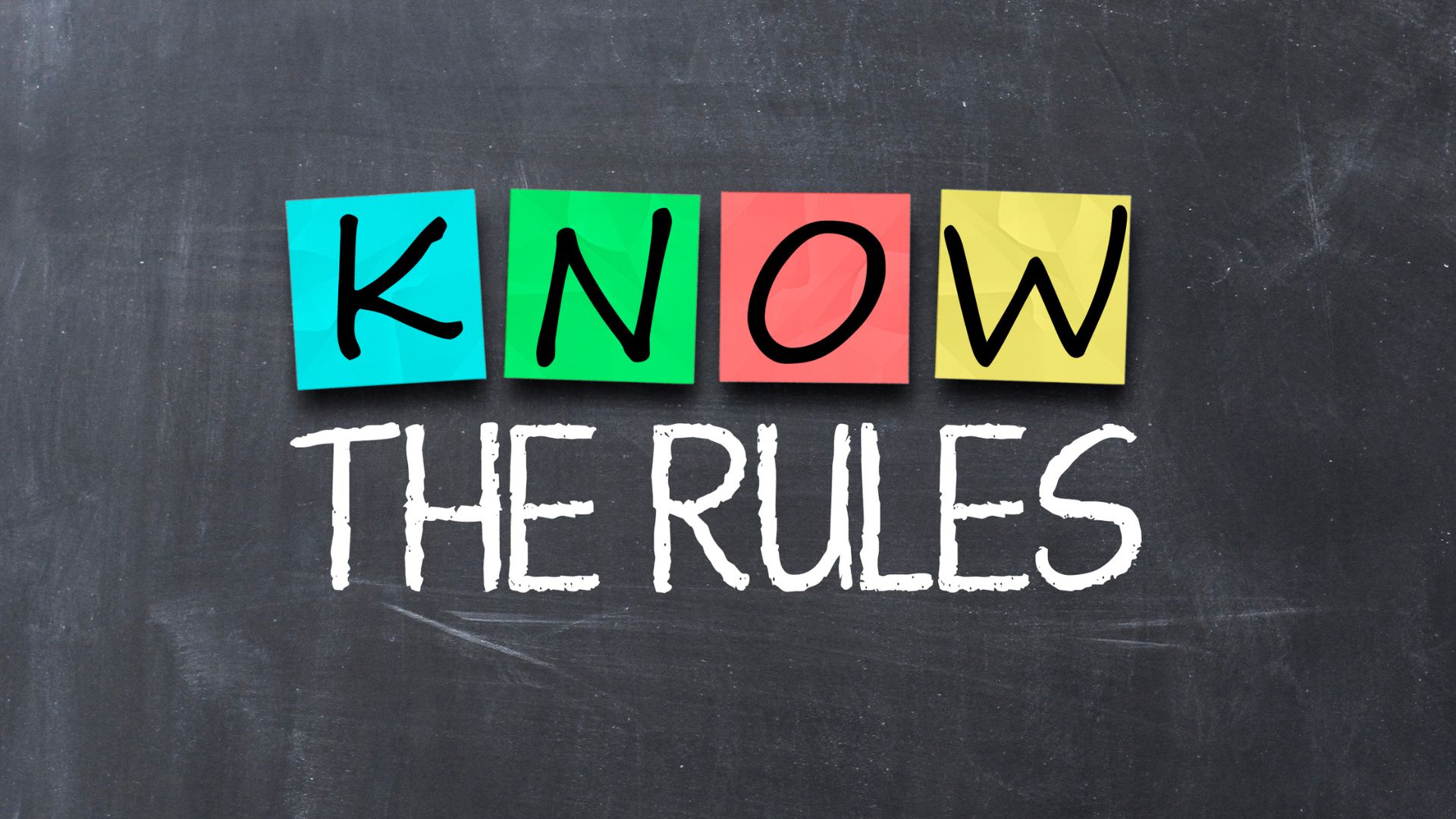Detroit, United States Airbnb Rules & Regulations
Last updated on: 4th July, 2025


Last updated on: 4th July, 2025

Detroit's approach to regulating short-term rentals (STRs) like those offered through Airbnb has evolved significantly, particularly following the updates introduced by an ordinance in 2019. Here are the key aspects of the current regulations for hosts in the city:
Licensing Requirement: To legally operate a short-term rental, hosts must obtain a short-term rental license from the Buildings, Safety Engineering, and Environmental Department (BSEED). This license must be renewed annually and comes at a cost of $500. The licensing process includes an application submission and property inspections to ensure compliance with safety and zoning standards.
Zoning Compliance: Hosts must ensure their properties align with local zoning ordinances. Some additional permits may be necessary depending on the property's specifics, and regular safety inspections are mandated to uphold health and safety standards.
Occupancy Limits: The regulation caps short-term rentals to a maximum of 90 rental days per year. Furthermore, there is a strict limitation on occupancy, allowing no more than 10 guests at any one time. This measure aims to alleviate potential disruptions in residential neighborhoods.
Tax Obligations: Hosts are required to collect and remit a 6% Accommodations Tax and the state’s 6% Sales Tax on their rental income. Proper management of these tax obligations is crucial to avoid penalties.
Residency Requirement: Any property used as a short-term rental must be the owner's principal residence, ensuring that rental operations are conducted in a manner that maintains community integrity.
Group Rental Restrictions: Hosts are prohibited from renting to multiple groups simultaneously under separate reservations.
Enforcement and Compliance: The city has demonstrated a robust enforcement approach. Illegal rentals have faced prosecution, indicating a less-than-friendly environment for hosts not adhering to regulations.
Overall, while the regulatory framework in Detroit aims to balance the benefits of short-term rentals with community concerns, many hosts have expressed frustration over the stringent limitations. The complexities of licensing, zoning, and tax compliance pose significant challenges for potential Airbnb operators in the city. Staying informed about any regulatory changes is vital for hosts seeking to navigate this intricate landscape successfully.